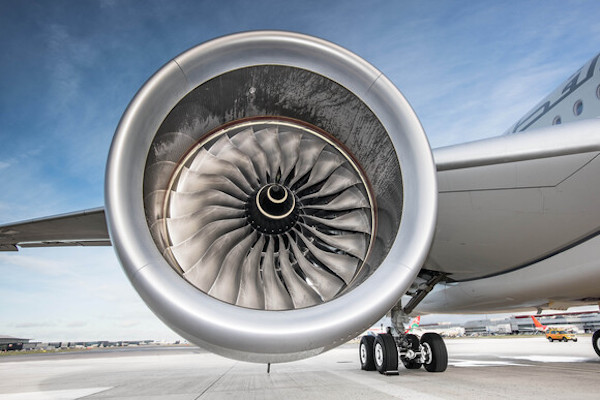The aviation industry is at a crossroads in its quest for net zero carbon emissions by 2050. The International Air Transport Association (IATA) emphasises the necessity for immediate government support to boost sustainable aviation fuel (SAF) production, critical for achieving these environmental goals.
As global air traffic continues to expand, IATA underscores the importance of SAF in reducing CO2 emissions. However, without substantial policy interventions and investments, the envisioned reductions may remain unattainable.
The IATA’s recent report highlights the potential of sustainable aviation fuel (SAF) as a pivotal element for achieving carbon neutrality by 2050. SAF is identified as the leading contributor to carbon reduction, potentially accounting for 24%-70% of emission decreases. Despite its promise, the uptake of SAF is bogged down by uncertainties such as governmental backing, investment levels, and access to necessary resources.
The lack of adequate support could place the aviation sector at a disadvantage, not only environmentally but also economically. Urging for immediate governmental intervention is essential to overcoming current production barriers.
Coordination between technological innovation and SAF production strategies is imperative for their mutual success. Ensuring these elements work in harmony will be foundational to achieving the ambitious climate goals set by the aviation industry.
The industry’s plea highlights a consensus that without adequate SAF resources, the global aviation sector may fail to meet critical sustainability targets. The urgency stems from both environmental pressures and competitive disadvantage concerns.
Flexible approaches incorporating both SAF and other innovative solutions are necessary to address the complex challenge of emissions reduction comprehensively.
Policymakers must weigh these financial considerations alongside environmental imperatives to develop supportive frameworks that foster both economic and ecological success.
The IATA’s report is a clarion call to policymakers worldwide to act decisively in supporting SAF initiatives. A coordinated effort is needed to remove barriers and facilitate the growth necessary to meet 2050 targets effectively.
SAF emerges as a cornerstone in the aviation sector’s journey to a sustainable future. Yet, realising its potential requires cohesive action from governments, industry stakeholders, and the scientific community to overcome current hurdles.
By reinforcing policies and investments focused on SAF, the aviation industry can confidently stride towards a greener future, meeting its commitment to carbon neutrality by mid-century.

